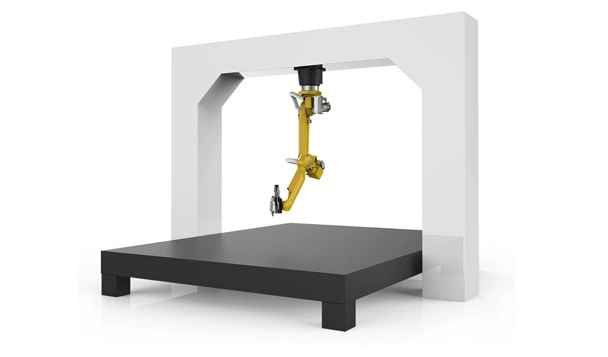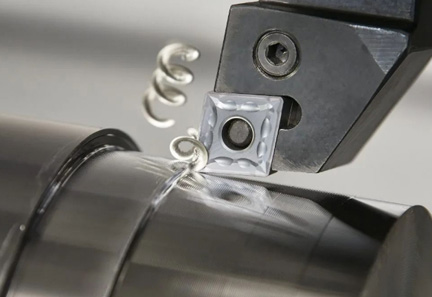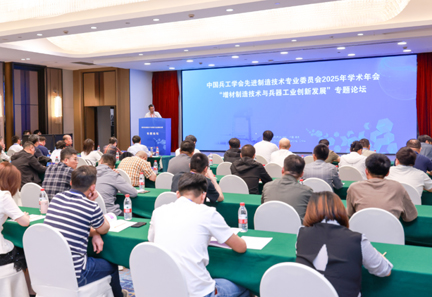In the world of industrial and fabrication welding, flux cored welding wire has become an indispensable consumable, known for its efficiency, deep penetration, and adaptability across a variety of environments. Unlike solid wires, flux cored welding wire is designed with a tubular structure filled with flux compounds, which aid in shielding the weld area from contaminants and stabilizing the arc. This construction not only enhances weld quality but also makes the process more forgiving under challenging conditions.
Flux cored welding wire is available in a variety of compositions, diameters, and specifications, tailored to both professional and industrial-grade projects. Whether for structural steel fabrication, heavy machinery repair, or shipbuilding, the right choice of flux cored welding wire can make a significant difference in productivity and weld integrity.
There are two primary types of flux cored welding wire: gas-shielded and self-shielded. Each serves a distinct purpose and offers specific benefits depending on the application.
Gas-Shielded Flux Cored Wire (FCAW-G): This type requires an external shielding gas, typically a mixture of CO₂ or argon and CO₂. It produces high deposition rates and is commonly used in indoor environments such as structural steel fabrication and pipeline construction. Its slag coverage is easier to remove, and it delivers cleaner welds with less spatter.
Self-Shielded Flux Cored Wire (FCAW-S): Ideal for outdoor applications, this type of wire generates its own shielding gas from the flux inside the wire when it burns. It is perfect for fieldwork, including bridge construction, shipbuilding, and maintenance on large industrial equipment, where wind and variable conditions would interfere with external gas shielding.
Choosing the correct flux cored welding wire type depends largely on the project's location, required weld quality, and base material characteristics.
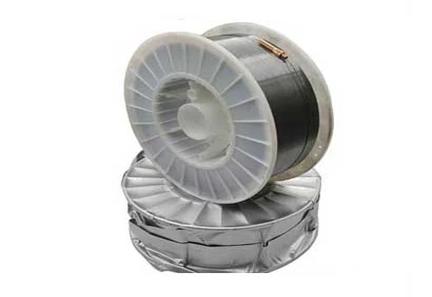
Flux cored welding wire finds its application across an impressive range of industries due to its versatility and strong weld performance. Here are several key areas where flux cored wire is widely used:
Construction and Structural Fabrication: Thanks to its ability to create strong, high-quality welds quickly, flux cored welding wire is frequently used in construction frameworks, beams, and steel infrastructure. Its ability to penetrate thick materials makes it ideal for heavy-duty welds.
Shipbuilding and Offshore Structures: Harsh maritime environments require reliable welding techniques. Self-shielded flux cored welding wire offers great resistance to wind and moisture, making it a preferred choice for outdoor and coastal work.
Automotive and Machinery Repair: Its fast welding speeds and adaptability to various metals make flux cored wire a popular option for repairing agricultural, automotive, and heavy machinery equipment.
Pipeline and Pressure Vessels: In industries where weld integrity is non-negotiable, such as oil & gas or chemical processing, gas-shielded flux cored wire is valued for producing consistent, defect-free welds under controlled environments.
By understanding what flux cored welding wire is used for, professionals can make more informed decisions about which wire to select for optimal results.
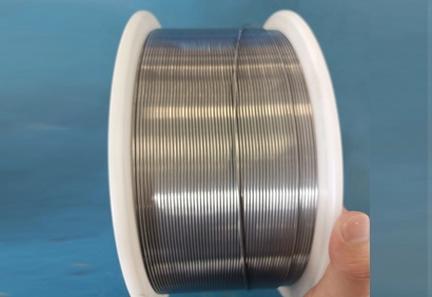
Beyond its types and applications, flux cored welding wire offers multiple advantages that make it a favorite among welding professionals:
High Deposition Rates: Flux cored wires can deposit more weld metal in less time, making them efficient for production work and thick section welding.
Superior Weld Penetration: Whether welding in vertical, overhead, or flat positions, the wire delivers strong penetration with excellent mechanical properties.
All-Position Welding: Many types of flux cored welding wire are rated for all-position use, including vertical up and overhead, which is essential in construction and maintenance scenarios.
Reduced Need for Clean Surface Preparation: The flux compounds can tolerate light rust, mill scale, or contaminants better than solid wires, which reduces preparation time.
These benefits translate into higher productivity, better weld quality, and lower overall project costs.
| Advantage | Benefit |
|---|---|
| High deposition | Faster welding, higher efficiency |
| Deep penetration | Stronger, more reliable welds |
| All-position use | Flexible for various applications |
| Less cleaning needed | Saves prep time on dirty surfaces |
Selecting the appropriate flux cored welding wire involves considering the welding position, base material, environmental conditions, and code requirements. For instance, while self-shielded wire is perfect for quick repairs in windy outdoor settings, gas-shielded types are preferable for precise, high-strength welds in controlled environments. Professionals should also consider whether the application demands impact resistance, ductility, or corrosion protection, and choose wire alloys accordingly.
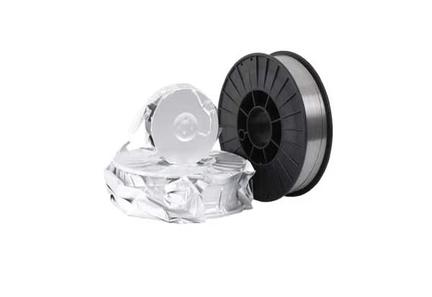
In conclusion, flux cored welding wire stands as a powerful solution in modern welding operations, delivering versatility, strength, and efficiency. For companies seeking premium flux cored wire solutions tailored to diverse industrial applications, MINGHUA offers trusted quality, advanced manufacturing, and a commitment to performance in every spool.
